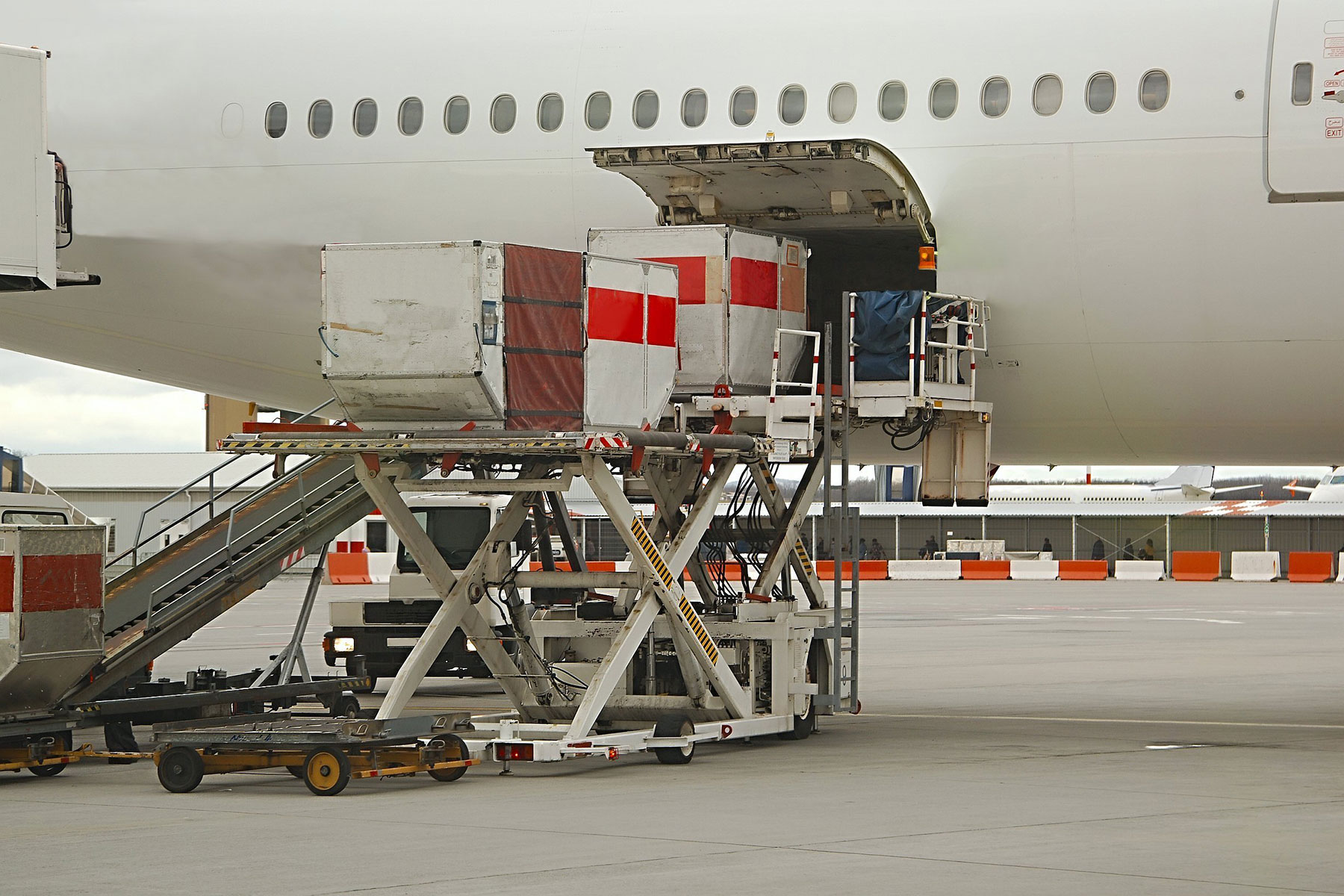I.Receipt of goods
The carrier accepts to transport shipments according to equipment and load capacity. In addition to complying with the carrier’s regulations, the receipt of goods must also comply with:
- Carriage is not prohibited by the laws or regulations of the countries concerned on the voyage of the shipment.
- Goods are packed, marked and labeled in accordance with the specifications suitable for air transport.
- Goods have all necessary documents attached.
- Cargo does not cause harm to aircraft (aircraft), property, people and other goods.
The carrier has the right to refuse to transport the goods when the circumstances require without incurring any liability.
II.Limited shipping value
The carrier has the right to refuse to transport a shipment/group of shipments with a declared value for carriage exceeding USD 2,000,000 or equivalent on a single flight.
Packing, marking and labeling goods
- It is the shipper’s responsibility to ensure that the goods are properly packed for carriage and to ensure that:
- a) Goods can be transported safely under normal service conditions.
- b) Goods can withstand normal weather conditions such as rain, wind, heat and cold.
- c) The packaging must ensure that the goods do not cause harm to people, animals, goods and property.
- d) Each package must be marked to identify the consignor and consignee to ensure easy visibility and not be blurred.
- e) Each package must be labeled with a special identification label and cargo label (when sending special goods) at the request of the carrier depending on the type of cargo.
- Packages containing valuables must be securely packed and sealed if required by the carrier.
- The carrier is not responsible for recording or becoming aware of any information contained in the consignment or prior to the packing of the consignment.
- The carrier has the right to refuse to transport the goods if the goods are not properly packed, labeled or marked.
III. Accept special goods
- Special goods including but not limited to high value goods, dangerous goods, live animals, perishable goods, fragile goods, human carcasses, etc., are only accepted for carriage on condition that they are fully satisfied. comply with the carrier’s regulations for the carriage of the goods and the regulations of the countries concerned.
- For dangerous goods, it is the responsibility of the shipper to demonstrate the nature of the shipment to ensure compliance with the carrier’s regulations and related regulations. During the carriage, in the opinion of the carrier, if the shipment is found to be dangerous, flammable, hazardous, or perishable in nature, the carrier has the right to withhold the goods. , destroy, abandon the shipment at the shipper’s expense without any obligation to indemnify the shipper.
- If the shipper violates the declaration when sending dangerous goods, that shipper will be handled in accordance with the law and regulations of the carrier:
- The carrier may suspend the carriage of the infringing shipper’s cargo for a period of time and notify the shipper;
- After conducting a review of the infringing shipper’s corrective action, the carrier will make a decision on the acceptance of that shipper’s cargo for return;
- The shipper is liable to indemnify the carrier and the third party for damage arising from a breach in the declaration when sending the goods.
- Special cargoes must be packaged and documented in accordance with the carrier’s special cargo handling procedures and which form part of these Regulations. In the event that a special shipment is damaged for any reason, the carrier reserves the right to proceed with the procedure deemed most appropriate.
- Shipper shall be liable for non-compliance with special carriage conditions and shipper shall indemnify the carrier for any loss, damage, delay or penalty resulting from the transportation of such goods causes.
IV.The right to inspect the goods of the carrier
The carrier has the right to inspect the packaging and contents of the shipment and to request the shipper to provide complete information or documents related to the shipment. However, the carrier is under no obligation to do so.
The shipper must ensure to provide the carrier with information about the number of packages, the weight of the package at the time of reservation and acceptance of the goods. However, since the carrier is under no obligation to inspect the contents of the shipment, the carrier is exempt from liability for costs incurred as a result of the shipper’s failure to comply with the provision of this information.
V.Self-loading shipper
When the shipper performs the loading of goods on the ULD, the carrier’s loading instructions must be followed and shall be liable and indemnify the carrier for all consequences resulting from failure to comply with such instructions. .



